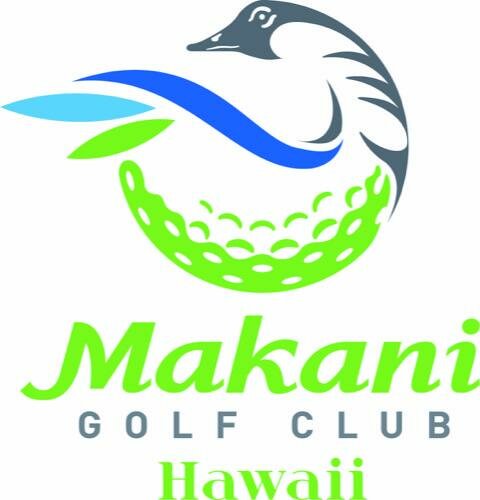Written by Dr. Josh Mularella, DO, FACEP, FAWM, DTM&H - Medical Director, G2G & M2M
The rationale behind medical clearance and some advice for both you and your medical provider
I understand your frustration. You are three months from one of the greatest and most exciting challenges you have ever faced when you get the email from Race Director, Tess Geddes about the mandatory medical certificate that must be signed by a licensed medical provider 1-2 months before the race. But why?!?
The utility of medical screening for a running event is often debated online amongst runners and medical staff alike. Most agree that it is the runner’s responsibility to ensure they are fit to run (or accept the consequences). And I would agree with that reasoning… for a road race. In fact, I do not know of a single road marathon in the United States that requires any type of medical certificate. Paris, on the other hand, requires a medical certificate for both the Paris Marathon and even their Disneyland Half Marathon!
Besides, if a runner collapses at a road race there are spectators and medical personnel nearby to courier them to the nearest medical tent or the closest hospital. Ambulances are staged along the course, each capable of advanced life support. G2G and M2M on the other hand are both very remote races. We work closely with local search & rescue teams yet it could still take several hours to evacuate you from the course. And although most of the medical staff are emergency medicine physicians, we are not working in a hospital or even an ambulance and therefore our capabilities are very limited.
If medical screening can avoid even one evacuation or potential bad outcome then it is worth it. There have even been a few runners over the years who were diagnosed and treated for potentially serious issues as a result of this process.
Okay, now that we have discussed the WHY, let’s talk about the HOW.
The race organizers will email you the current pre-participation medical evaluation form approximately 3 months before the race starts. This form is NOT meant to disqualify you, so please be honest! Ideally you would take this form to your primary care provider/GP since they know you best. Unfortunately there are some physicians who are wary of signing such a form due to perceived liability on their end, especially since the race is in the United States. In the UK, some doctors may sign the form for free and others may charge a fee. If you have issues leave a comment on this post or the G2G/M2M Facebook Group and hopefully someone in the Group can provide advice.
TO ALL MEDICAL PROVIDERS:
The remainder of this post is geared towards medical providers (and really curious runners).
There is no right or wrong way to “medically clear” someone to participate in an event. Nor is “medical clearance” a guarantee by the medical provider that there will be no adverse outcome. G2G/M2M are both very tough races… not every injury/death can be predicted or avoided.
The medical provider should review the medical form and do their own history and physical exam. If everything checks out then they are done… sign their form and wish them luck! But if they notice potential issues then they should work together to come up with a solution.
G2G/M2M does not require any specific ancillary testing for medical clearance... we instead defer that to the medical provider as their primary care provider. We do recommend current tetanus immunization (within 10 years) prior to arrival and a screening ECG for any runner that develops chest pain, shortness of breath or nausea while running.
If you have any questions/concerns please feel free to email me at This email address is being protected from spambots. You need JavaScript enabled to view it. . You can also check out the G2G/M2M Medical Corner or refer to my favorite articles on race medicine below.
Dr Josh’s Top 10 Articles/Resources on Race Medicine:
● Special Considerations in Medical Screening for Participants in Remote Endurance Events (recognize the last author?)
● Common Ultramarathon Injuries and Illnesses: Race Day Management
● Physiology and Pathophysiology in Ultra-Marathon Running
● 3rd International Consensus on Exertion Associated Hyponatremia
● Incidence and Prevalence of Acute Kidney Injury During Multistage Ultramarathons
● A Modern Classification of the Exercise-Related Heat Illnesses
● Medical Services at Ultra-Endurance Foot Races in Remote Environments
● Managing Collapsed or Seriously Ill Participants of Ultra-Endurance Events in Remote Environments
● The Downed Runner
● Race Medicine: A Video Podcast Reviewing the Management of Illness and Injury During Endurance Events (7 videos)











 share this page
share this page







